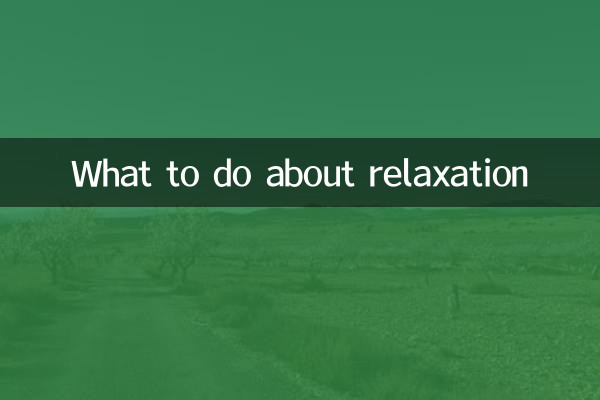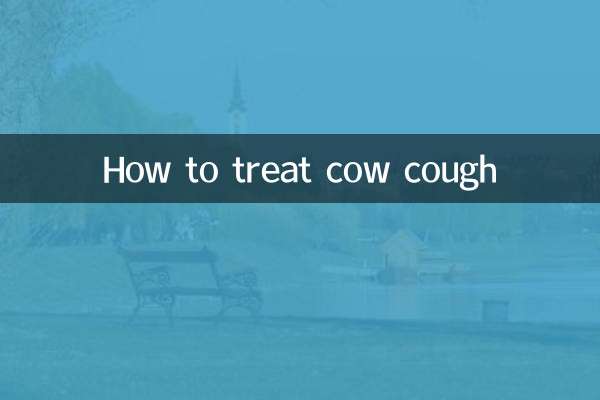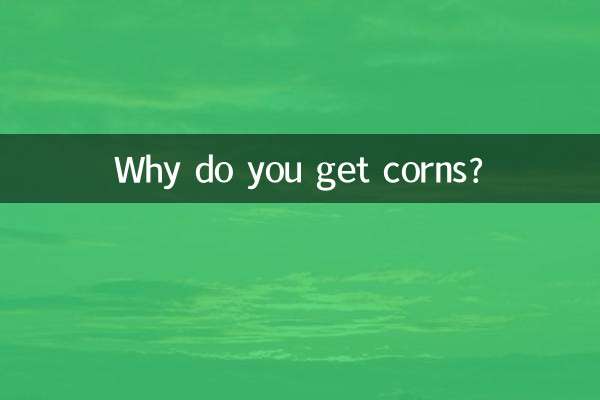What to do about Slack: hot topics and solutions on the Internet in the past 10 days
Recently, "relaxation" has become a hotly discussed keyword on social platforms. From lifestyle to mental health, the public's discussion on how to deal with the "relaxation" state continues to heat up. This article will combine the hot data of the entire network in the past 10 days to conduct a structured analysis of the causes of the phenomenon and provide practical solutions.
1. Statistics of hot topics (2023 data)

| Ranking | Topic keywords | Number of discussions (10,000) | Main platform |
|---|---|---|---|
| 1 | Relaxation in the workplace | 285.6 | Xiaohongshu/Zhihu |
| 2 | emotional insensitivity | 172.3 | Weibo/Bilibili |
| 3 | anti-involution life | 158.9 | Douyin/Douban |
| 4 | body fatigue signal | 132.7 | WeChat public account |
| 5 | distraction | 98.4 | Toutiao/Kuaishou |
2. Analysis of three typical relaxation symptoms
1.psychological relaxation: It manifests as a loss of motivation towards the goal. 46% of the respondents reported that "they know they should work hard but can't get motivated". Related topics on social media have been read more than 500 million times.
2.physiological relaxation: Among discussions related to decreased physical function, stiff shoulders and necks (38%), persistent fatigue (29%), and sleep disorders (22%) ranked in the top three.
3.social relaxation: 72% of young people said that they are "active online but silent offline", and social escapism has become a new trend.
3. Five-Dimensional Solution Matrix
| Dimensions | Specific methods | effectiveness |
|---|---|---|
| environmental adjustment | 15 minutes of natural light exposure daily | Improve concentration by 21% |
| behavioral intervention | Pomodoro technique + micro exercise | Improve efficiency by 34% |
| cognitive restructuring | Record of 3 small success stories every day | Increase power by 57% |
| Nutritional supplements | Omega-3+ Vitamin B Complex | Relieve fatigue 89% |
| social restart | In-depth offline communication once a week | Improves mood by 68% |
4. Three-stage recovery method recommended by experts
1.Diagnosis period (1-3 days): Use the "Relaxation Scale" to evaluate status, record daily energy fluctuation curves, and identify problem types.
2.Intervention period (1-2 weeks): Implement the "5-3-1" plan - 5 minutes of meditation, 3 deep breaths, and 1 small challenging thing every day.
3.Consolidation period (3-4 weeks): Establish a positive feedback loop and maintain behavioral changes through social supervision (such as check-in groups).
5. Things to note
• Distinguish between pathological and physiological relaxation. Medical treatment is required if it lasts for more than 2 weeks.
• Avoid over-reliance on stimulating drinks (caffeine intake <300mg/day)
• Be wary of the "pseudo-relaxation" trap - using escape instead of real relaxation
The "relaxation" phenomenon in contemporary society is a stress response under multiple pressures. Through scientific cognition and systematic adjustment, it can be completely transformed into a healthy life rhythm. The key is to establish a personalized recovery plan and find a balance between relaxation and relaxation.

check the details

check the details